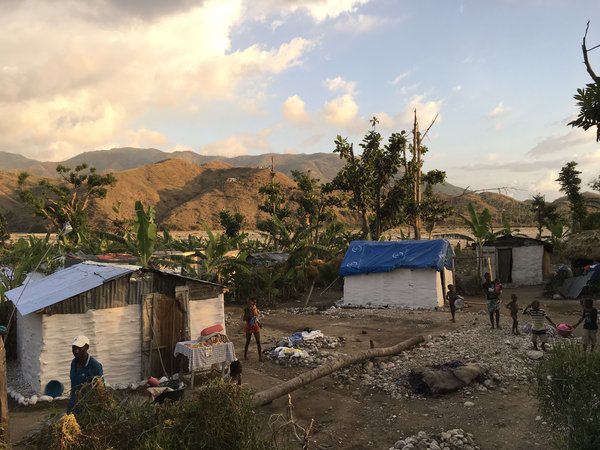
The border between Haiti and the Dominican Republic. Photo by INURED. CC BY-NC.
This working paper is based on Document Analysis conducted between February 2019 and July 2020. The documents analyzed in this paper consist of official government reports, state and municipal legislations, national and international organization reports, commissioned scientific reports as well as available quantitative data from Haiti, Brazil and other selected countries in the Latin American and Caribbean (LAC) region. This report provides an in-depth understanding of the history, state, patterns, and contexts of Haitian migration to countries in Latin America with a particular focus on Brazil.
Historically, Haitian migration has been framed within the dominant South-North migration paradigm that characterizes the global literature on the topic. The lion share of focus has rested on emigration from Haiti to the United States and Canada, with secondary attention paid to destination countries in the Caribbean and elsewhere. As efforts to deepen our understanding of migration have challenged this dominant paradigm by acknowledging the significance of migration within the global South, such as recent migration of Haitians to Brazil, Chile and other neighbouring countries after the January 2010 earthquake, attention has increasingly shifted toward this phenomenon. This paper contributes to this shift by providing a contextual understanding of the potential impact of Haitian migration on development and equality within the Haiti-Brazil corridor.
As immigration policies in the global North become increasingly restrictive in the wake of rising nationalist sentiments in receiving countries and the COVID-19 pandemic that has created or exacerbated existing economic crises, migrants will increasingly look to alternative destinations in the global South. It is this constantly evolving phenomenon that this working paper will continue to examine over time.



